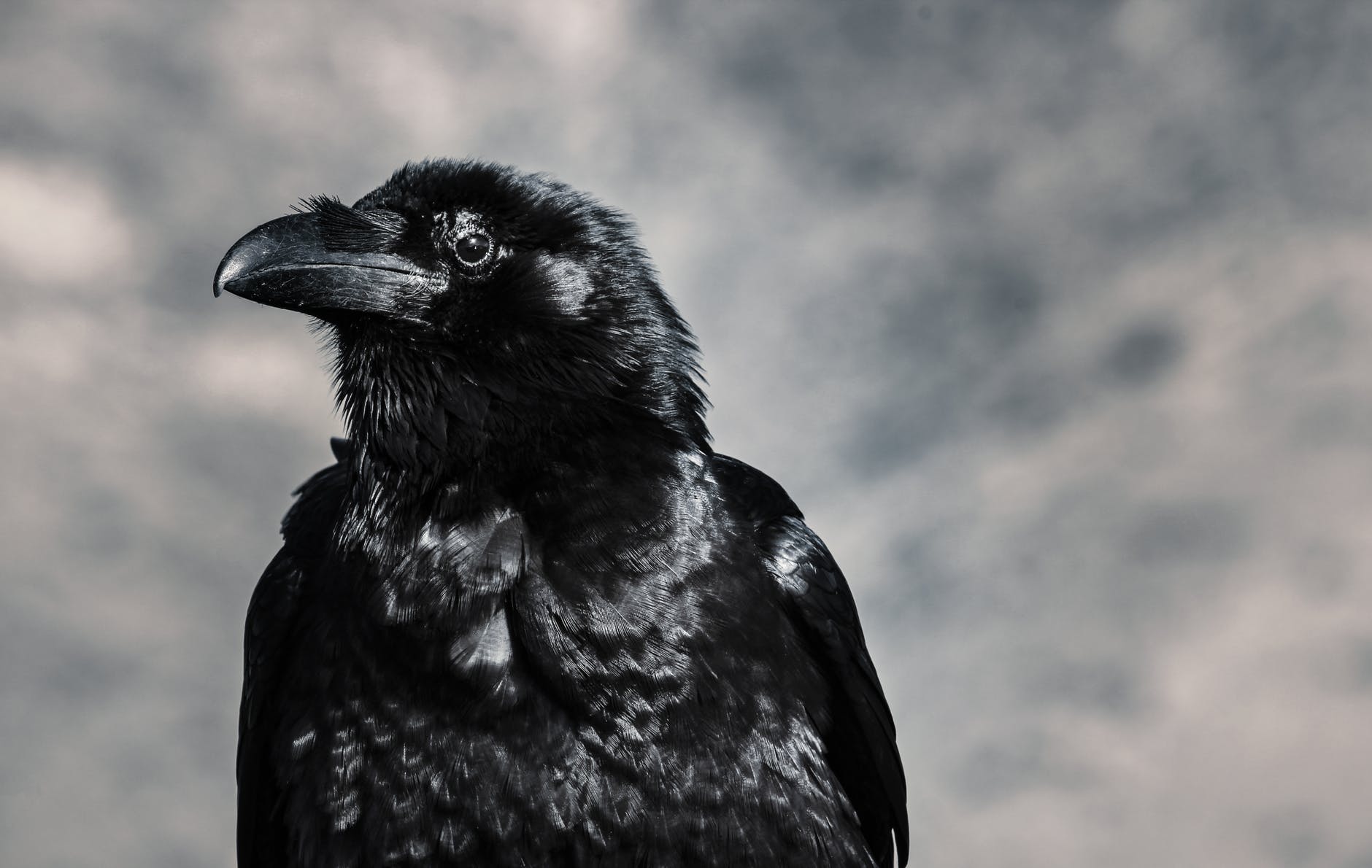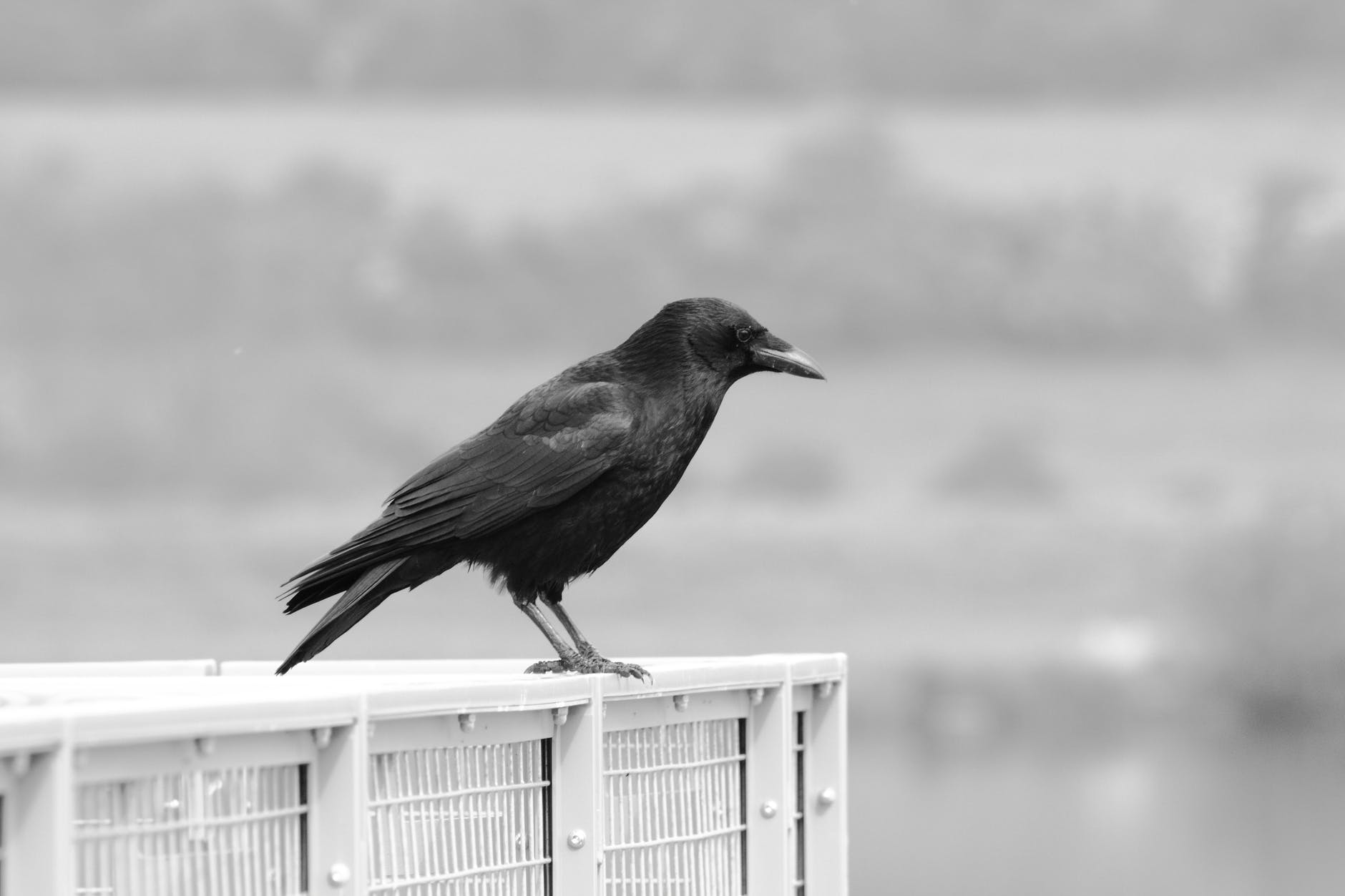If you’ve read about crows or other members of the corvid family, there can be no doubt in your mind these birds are smart.
Super smart. Scary smart.
Until now, though, scientists have assumed there still remained a gap between primates and every other sort of living being, and that had to do with the way our consciousness works.
Image Credit: Pexels
Researchers, though, are becoming increasingly convinced that the minds of crows work more like our own than we probably want to believe.
A new study has shown that crows possess some degree of subjective experience and sensory consciousness – and not only that, they’re able to display consciousness despite not having a cerebral cortex. That’s the part of the primate brain scientists have long considered necessary for achieving this sort of higher intelligence.
Sensory consciousness involves being able to have a subjective experience, access it, and respond to it – which is exactly what researchers at the University of Tubingen claim to have proven.
For their study, researchers trained two carrion crows to move their heads in response to seeing different colored marks on a screen. Using implanted electrodes, they were able to record the activity of individual neurons, and were able to show that the nerve cells in the bird’s brains were influenced by their subjective experience and the way they reported their answers.
Image Credit: Pexels
They weren’t, in layman’s terms, responding instinctively to the brightness of the colors, but were responding to their own internal assessment of those colors.
Andreas Nieder, one of the study’s authors, expounded in a statement.
“Nerve cells that represent visual input without subjective components are expected to respond in the same way to a visual stimulus of constant intensity.
Our results however conclusively show that nerve cells at higher processing levels of the crow’s brain are influenced by subjective experience, or more precisely produce subjective experiences.”
Their results are challenging many long-held beliefs about the nature of consciousness, Professor Nieder told IFLScience.
“I think the results of our study open up a new way of looking at the evolution of awareness and its neurobiological constraints.
It becomes more likely that also other animals on different branches of the tree of life, and with brains that strikingly differ from ours, also have sensory consciousness.”
Another recently published study supports this, finding similar sensory connections being made in the brains of owls and pigeons.
Image Credit: Pexels
Which is all to say, not only are birds probably smarter than we’ve ever thought, they’re actually more intelligent, as well.
No matter how small their brains are, they’re definitely making the most of the headspace.
What do you think about this news? Have you always suspected that our fine, feathered friends have more going on upstairs than we previously thought?
Let us know your POV in the comments!
The post Researchers Believe Crows Have at Least as Much Self-Awareness as Humans appeared first on UberFacts.


